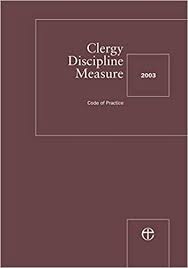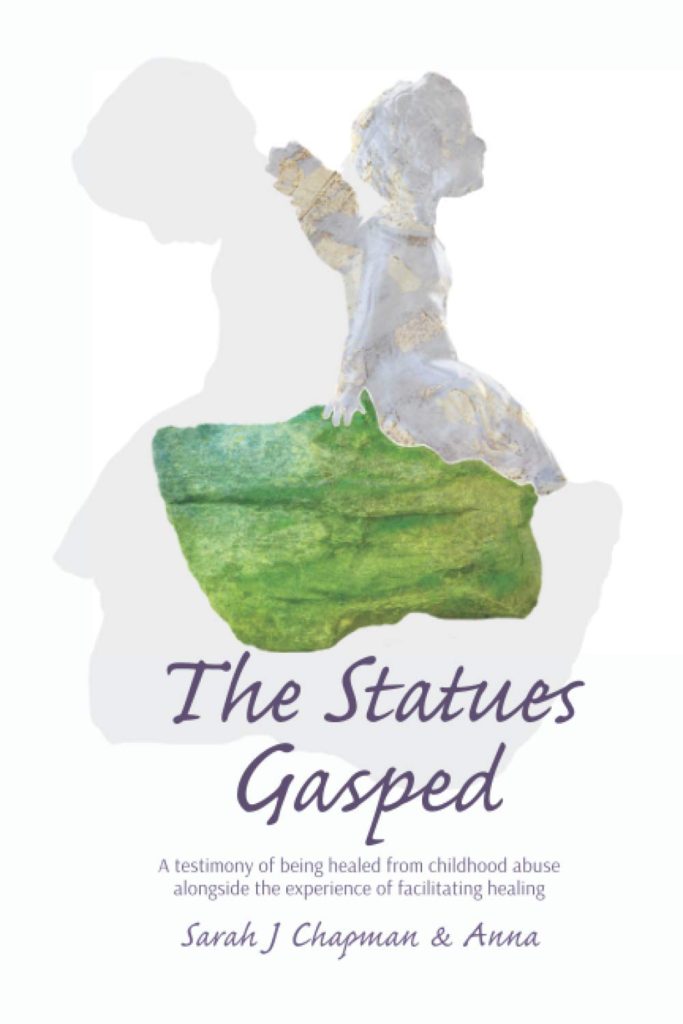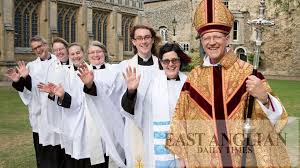
The recent ‘fall’ of the noted apologist and evangelist Ravi Zacharias raises some disturbing questions. There are the obvious ones, about how his organisation, RZIM, allowed itself to be hoodwinked for such a long period of time by this man who turned out to be a serial abuser. For me, the deeper questions are not the obvious ones about his abuse. They are the ones that want to scrutinise what Ravi may have thought about his vocation as an influential man of God. At what point in his life did Ravi surrender himself to the gratifications of his abusive behaviour? Did he not know, while he was behaving in this way, that this was a betrayal of his call to serve and share a vision of God? Ravi is no longer with us to answer such questions, but they still need to be asked. I am not so cynical as to believe that he began his career as a preacher as a way of obtaining opportunities to abuse. Obtaining power to abuse and exploit women was not, we trust, in the conscious mind of the young Ravi as he began his ministry many decades ago.
The recent history of the Church is littered with terrible stories of male (mostly) Christian leaders betraying their vocation to prey on the weak. Something beautiful, a life of love, vision and service is exchanged for something cheap and trashy. What is going on? Can short term sexual gratification ever be worth the catastrophic betrayals that are taking place? The key to answering this question is to be found somewhere in the nature of power. Power is something we all need so that we can stand up for ourselves and not be crushed under the bullying tricks of the dominant in society. Bullying is an experience that many suffer right back to the time of infancy. In Western male culture the human child is taught to stand up for himself. The self-assertive one is applauded. But the struggle in the male child (I hesitate to speculate what generalisations are appropriate for girls) to avoid humiliation or subjugation at the hands of others never really gets resolved. Even the boys at the top of the food chain still carry a fear of losing their position. When and if you reach the top, you become vulnerable to someone else using physical strength to push you down. Right through these artificial hierarchies in which many, if not most, male children live, there are two dominating realities. The first is fear of domination by others. The second is the longed-for antidote to this fear, the possession and exercise of power over others.
If fear and power exist widely within the preoccupations of boys in their early years, there will be, as they grow into adulthood, a variety of changes in the way typical power games are played out. Power for adults (men and women) is maintained in a variety of ways way beyond brute physical strength. Things like manipulation, coercion and subtle threat are examples of the way that power over others is asserted. There is also a genre of behaviour we describe as narcissism. This is a behaviour which successfully manipulates others so that they look up to you and feed your desire for power. Narcissists have developed a whole range of techniques and skills to occupy this place of control. They are, for example, good at intuiting the weaknesses of others for their own advantage. They know just how much pressure to apply to get their own way. They understand how to use another person’s desire to belong, how it can be turned around so that the individual can be dominated and thus under the control of the narcissist.
Where does Christian leadership come into this discussion on power? Christianity would perhaps want to claim to be the ultimate antidote to the debilitating power games that are so found frequently in society. Christianity glorifies a saviour who was brought to glory without the brute exercise of human power. All the normal expressions of power and ambition were rejected in the desert of temptation. The power to rule, to be worshipped and to court popularity were all pushed away as being unworthy of what God desired. Thus, as Christians, we follow a man without power, one who has rejected all forms of earthly domination involving violence and control. Paradoxically we still have a Church which seems riddled with narcissism, power games and hierarchies. All these lead to the same bullying, control and coercion that we might expect to find in places which have no awareness or loyalty to the Man on the Cross.
Christianity and the institution that has grown up around it, the Church, has acquired possession of much power. There is the power that exists simply by having an institution with leaders and a hierarchy. Any organisation with systems of management has to operate within recognised power structures. But there is an additional source of power that Christians can claim belongs to them. This is the power of having leaders who claim to act as representatives of God himself. Within and beyond the formal structures of Christian denominations, this power of God to control and guide is frequently invoked. A vivid example of this ‘freelance’ divine power are the so-called prophets in the States who foretold Trump’s victory. Their power is not greatly diminished by the failures of this prophecies. Then there is the power of the elegant speaker, the one who controls and seduces a crowd with attractive sounding promises. Sometimes those promises relate to material prosperity. With us you will find health and wealth. Give to this ministry and God will reward you many times. Also, you will find yourself on the winning side. Our Church/ministry/teaching is going to be the dominant one in the next round of elections or in the world to come. If you come on board with us, you will have the satisfaction of being on the winning side and looking down on losers who have chosen differently.
The offering of power to Christian followers is a key part of what many Christian leaders have to offer. And yet this teaching seems to have little to do with the one who resisted the Devil’s offer of power while in the desert. The real motivation for presenting Christianity as a religion of power is that it automatically rebounds back to the leaders. The peddler of power to the crowd will have power and wealth for him/herself. The narcissistic needs, the cravings for significance by some Christian leaders, have to be fed and in the process the true nature of Jesus’ power is eclipsed and lost.
How does this all link with Ravi Zacharias and his failure of vocation? Ravi, we believe, was called to preach the gospel but somewhere along the line he found himself choosing what was, for him, a gratifying experience of power rather than the path of service. The call of God became corrupted inside him. Instead of service he gave himself up to the urge to misuse power and seek sexual control. The reasons for him to succumb to this temptation will never be known. Possibly the young Ravi had experienced humiliation in boyhood because of his racial or social background. Speculation is probably futile, but something in his life opened him up to what appears to be an addictive attraction to sex along with the narcissist’s lusting after personal power. If God could ever be said to have called him, that power given to him at some point became twisted to be an instrument of human greed and personal gratification.
The conclusion of this short piece around the topic of the ministry of Ravi is to ask questions about vocation. Many of us claim to have experienced it. The question we need to ask ourselves in the context of Ravi’s fall is this. When we hear God’s call, are we listening to a call to service in his name? Alternatively, are we seeing, unconsciously maybe, that a link with God may boost our power? This access to his power may be in part to be used for our own ends, so that our depleted self-esteem may receive a boost. Is our relationship with God in any way serving narcissistic needs? The question has to remain a question, but it is still one worth asking. When asking it, we raise a serious challenge to the whole issue of power as it is exercised in the Church. Do the pomposities, the hierarchical posturing and the power games linked to ambition in the Church, really reflect the man of sorrows? Are we really remembering that we are following a leader who turns his back on all human power to follow the way of suffering and service?









